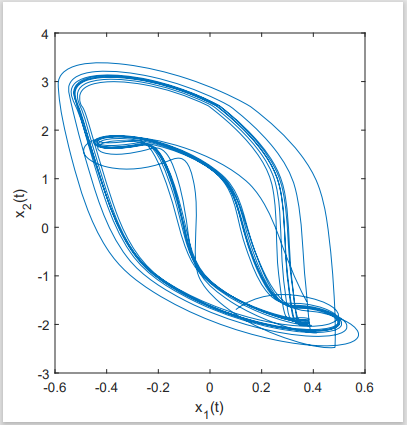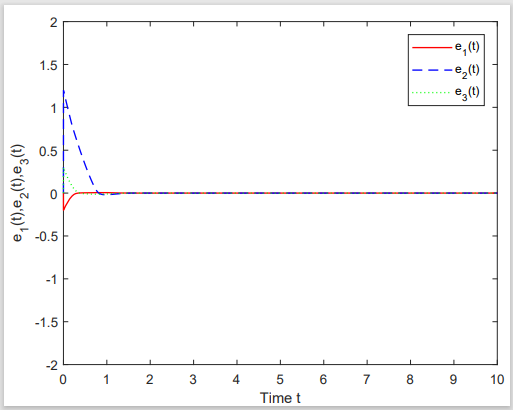Recently, Chen Lijuan from the School of Electrical Engineering of SDJU, as lead and corresponding author, and SDJU as the first and corresponding institution, in collaboration with the teams of USST, UESTC, Sichuan University, and the German National Academy of Engineering of the Universität Hamburg, published in the internationally renowned journals Neurocomputing and Neural Networks two research papers entitled State estimation for memristive neural networks with mixed time varying delays via multiple integral equality and Semantic consistency learning on manifold for source data-free unsupervised domain adaptation respectively. Neurocomputing (IF=5.779) and Neural Networks (IF=9.657) have high academic reputations in the field of neural network and artificial intelligence.


The memristive neural networks are low-power, highly extensible, and highly adaptable, which are important for breaking through the computational bottleneck of the current Von Neumann Architecture-based neural networks. As a typical feature of memristive neural networks, time-lag is one of the key factors causing system instability. To address this problem, Dr. Chen proposed how to estimate the state of memristive neural networks with mixed time-varying delays, studied the conservativeness of memristive neural networks with mixed time delays, established sufficient conditions for the incremental stability of the system based on the estimation error through non-fragile state estimation, and provided theoretical guidance for the design of real memristive neural networks such as memristive across arrays.

In addition, as to the transfer learning problem of source data-free unsupervised domain adaptation (SFUDA), Lijuan Chen et al. proposed a new deep-learning method, semantic consistency learning on manifold (SCLM), to address it. The method effectively overcomes the absence of labels on the target domain by exploiting geometric neighborhood constraints hidden in the target data manifold with semantic neighbor topology (SNT) and achieves SOTA results on open-source standard data by transferring self-supervised learning-based (SSL) methods. Thanks to its inherent ability to bypass the dependency on the data in the source domain, this method has unique advantages in AI applications involving privacy protection and information security.
Both of the above two papers were completed by Chen with the support of the Doctoral Research Start-up Fund of SDJU. (School of Electrical Engineering)
Thesis link:https://doi.org/10.1016/j.neucom.2022.06.044
https://doi.org/10.1016/j.neunet.2022.05.015






